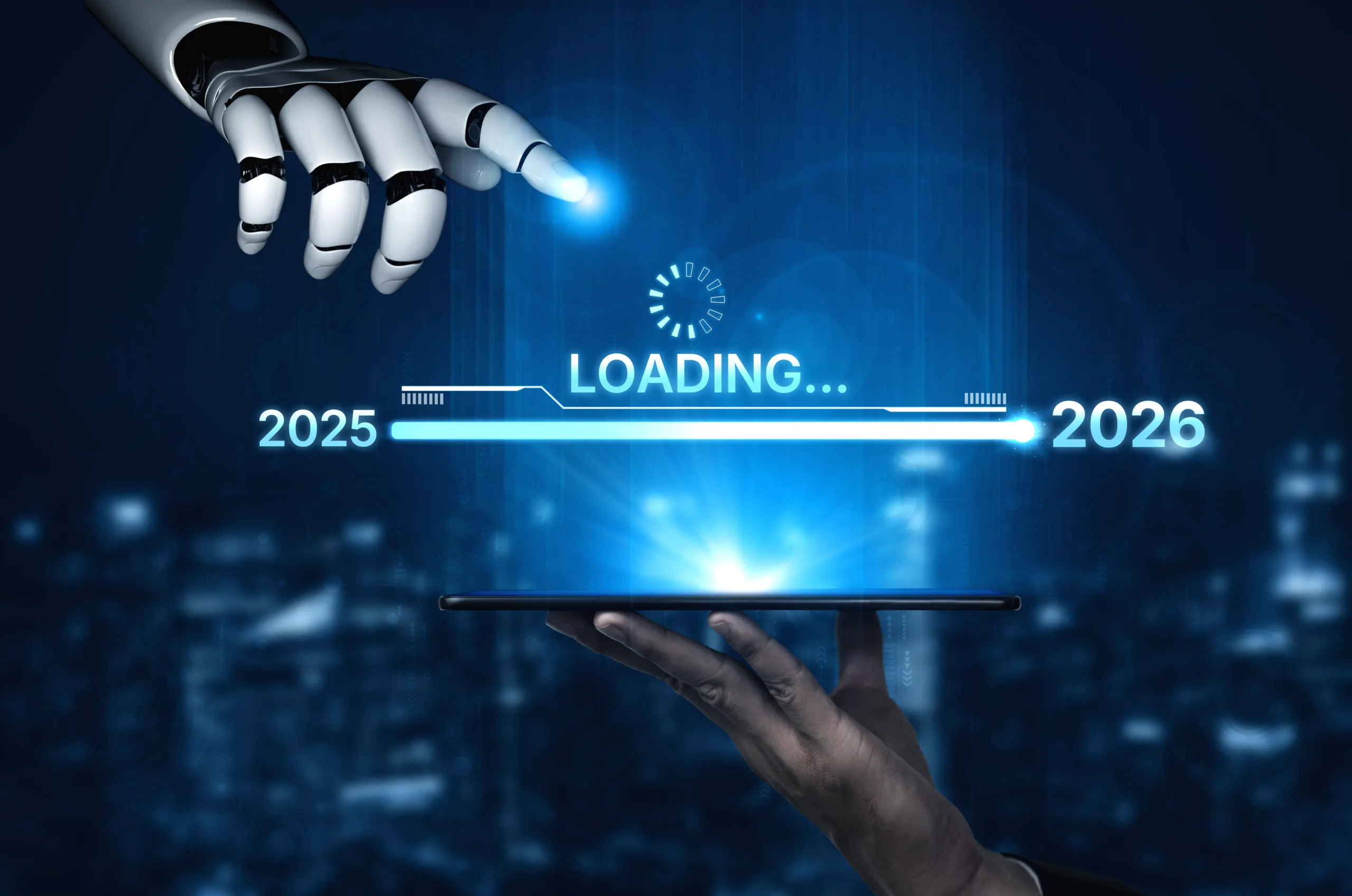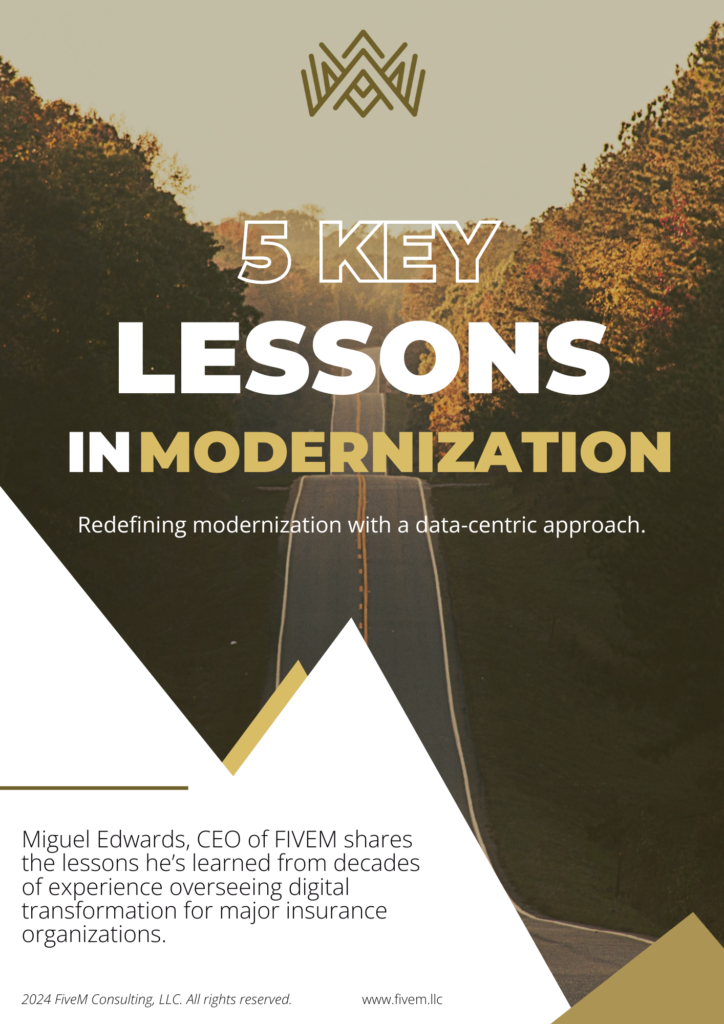As we approach 2025, the business world is undergoing a seismic shift. The digital revolution is more than just a buzzword, it’s a necessity for organizations aiming to thrive in a hyper-connected, tech-forward economy. From hyper-automation to the fusion of AI and IoT, these trends aren’t just reshaping industries; they’re redefining the rules of engagement.
Let’s dive into the key digital transformation trends that are poised to dominate 2025 and see how they’re empowering businesses to innovate, adapt, and lead.
1. Hyper-Automation Takes Center Stage
Automation has been transforming industries for years, but in 2025, it’s all about hyper-automation. This involves the integration of advanced technologies like artificial intelligence (AI), robotic process automation (RPA), and machine learning to automate complex, end-to-end business processes.
Hyper-automation doesn’t just improve efficiency; it allows businesses to scale faster while minimizing human error. For example, supply chain management becomes a breeze with automated systems that monitor inventory levels, predict demand, and optimize delivery routes—all in real time.
Takeaway: By adopting hyper-automation, companies can streamline operations, reduce costs, and free up employees to focus on higher-value tasks.
2. The Fusion of AI and IoT
Artificial intelligence and the Internet of Things (IoT) are a match made in tech heaven. This dynamic duo is enabling businesses to create smart, connected ecosystems where devices communicate, learn, and adapt autonomously.
Imagine a manufacturing plant where IoT sensors collect data on equipment performance and AI analyzes this data to predict failures before they happen. This predictive maintenance not only reduces downtime but also cuts costs significantly.
Takeaway: The AI-IoT combo is a game-changer for industries looking to boost efficiency, enhance user experiences, and unlock new revenue streams.
3. Data-Driven Personalization at Scale
Customer expectations are higher than ever, and businesses are stepping up with hyper-personalized experiences powered by data analytics. In 2025, data-driven personalization will go beyond simple recommendations to anticipate customer needs and deliver bespoke solutions in real time.
Retailers, for instance, can use customer data to tailor marketing campaigns, recommend products based on past purchases, and even personalize in-store experiences through augmented reality (AR). This creates a seamless, engaging journey for every individual customer.
Takeaway: Businesses that prioritize data-driven personalization will build stronger customer loyalty and outpace competitors.
4. The Rise of Digital Twins
A digital twin is a virtual replica of a physical object, system, or process. This technology is revolutionizing industries by providing a safe environment to test changes, optimize processes, and predict outcomes without risking real-world assets.
For example, in construction, digital twins allow engineers to simulate building designs and identify potential issues before laying a single brick. In healthcare, digital twins of patients can help doctors develop personalized treatment plans.
Takeaway: Digital twins empower businesses to innovate faster and make data-backed decisions with minimal risk.
5. Immersive Experiences Redefine Engagement
Technologies like virtual reality (VR), augmented reality (AR), and mixed reality (MR) are transforming how businesses interact with customers and employees. In 2025, immersive experiences will extend beyond gaming and entertainment to redefine sectors like retail, education, and healthcare.
For example, online shoppers can use AR to visualize how furniture will look in their living rooms before purchasing. Similarly, VR training programs are helping employees develop skills in a risk-free virtual environment.
Takeaway: Immersive technologies create more engaging, interactive experiences that drive customer satisfaction and employee growth.
6. Sustainability as a Core Driver of Innovation
In 2025, digital transformation is intertwined with sustainability. Businesses are using technology to reduce their environmental footprint while driving innovation. From energy-efficient data centers to sustainable supply chain management, eco-friendly practices are becoming a cornerstone of digital strategies.
Tech giants like Microsoft are leading the charge with initiatives to achieve carbon neutrality and improve sustainability across their operations. This not only benefits the planet but also appeals to environmentally conscious customers.
Takeaway: Companies that integrate sustainability into their digital transformation efforts will win customer trust and gain a competitive edge.
7. Cybersecurity Gets Smarter
As businesses digitize, the threat of cyberattacks grows. In 2025, cybersecurity will evolve with AI-powered solutions that detect and neutralize threats before they cause harm. Advanced technologies like behavioral analytics and zero-trust architectures are making systems more resilient against sophisticated attacks.
For instance, AI can analyze user behavior patterns to flag unusual activity, such as unauthorized logins or data access attempts, in real time. This proactive approach minimizes damage and keeps sensitive data secure.
Takeaway: Investing in cutting-edge cybersecurity solutions is critical to safeguarding business operations and maintaining customer trust.
8. The Shift to Hybrid Workplaces
The workplace of 2025 is hybrid by default. Companies are embracing flexible work models that combine in-office and remote work to enhance employee satisfaction and productivity.
To support this shift, businesses are adopting digital collaboration tools, cloud-based platforms, and AI-driven productivity solutions. Additionally, hybrid workplaces allow organizations to tap into global talent pools, fostering diversity and innovation.
Takeaway: Hybrid work models are here to stay, and businesses that invest in the right tools and strategies will attract top talent and stay competitive.
Transforming Trends into Opportunities
The trends shaping 2025 aren’t just about adopting new technologies, they’re about using them to create meaningful change. Whether it’s harnessing the power of hyper-automation or redefining engagement through immersive experiences, businesses that embrace these innovations will thrive in an ever-evolving digital landscape.
Are you ready to lead the digital revolution? The future is knocking, answer boldly.





